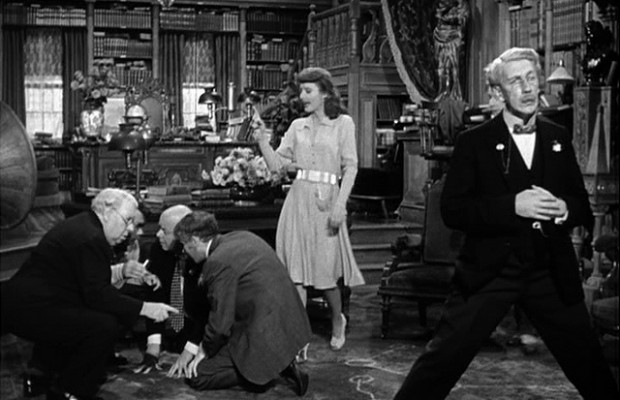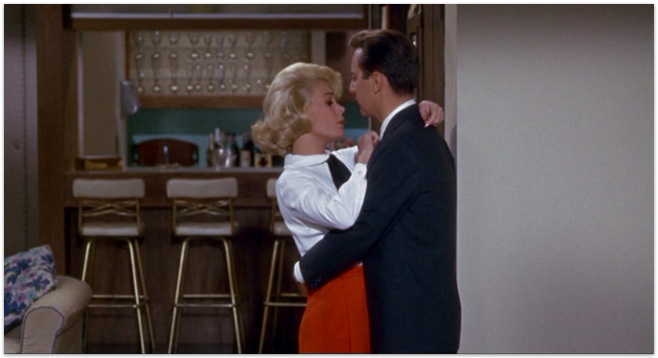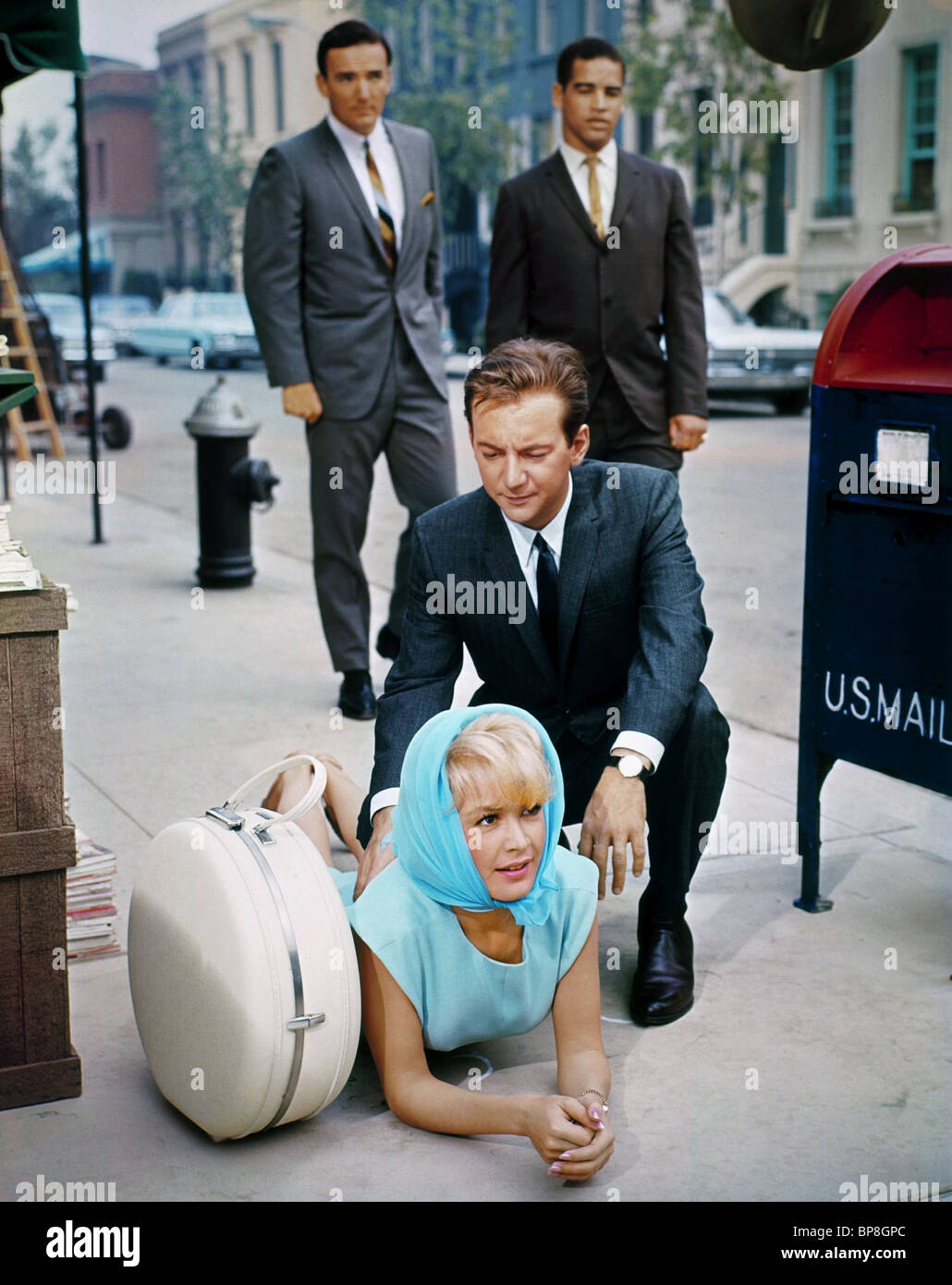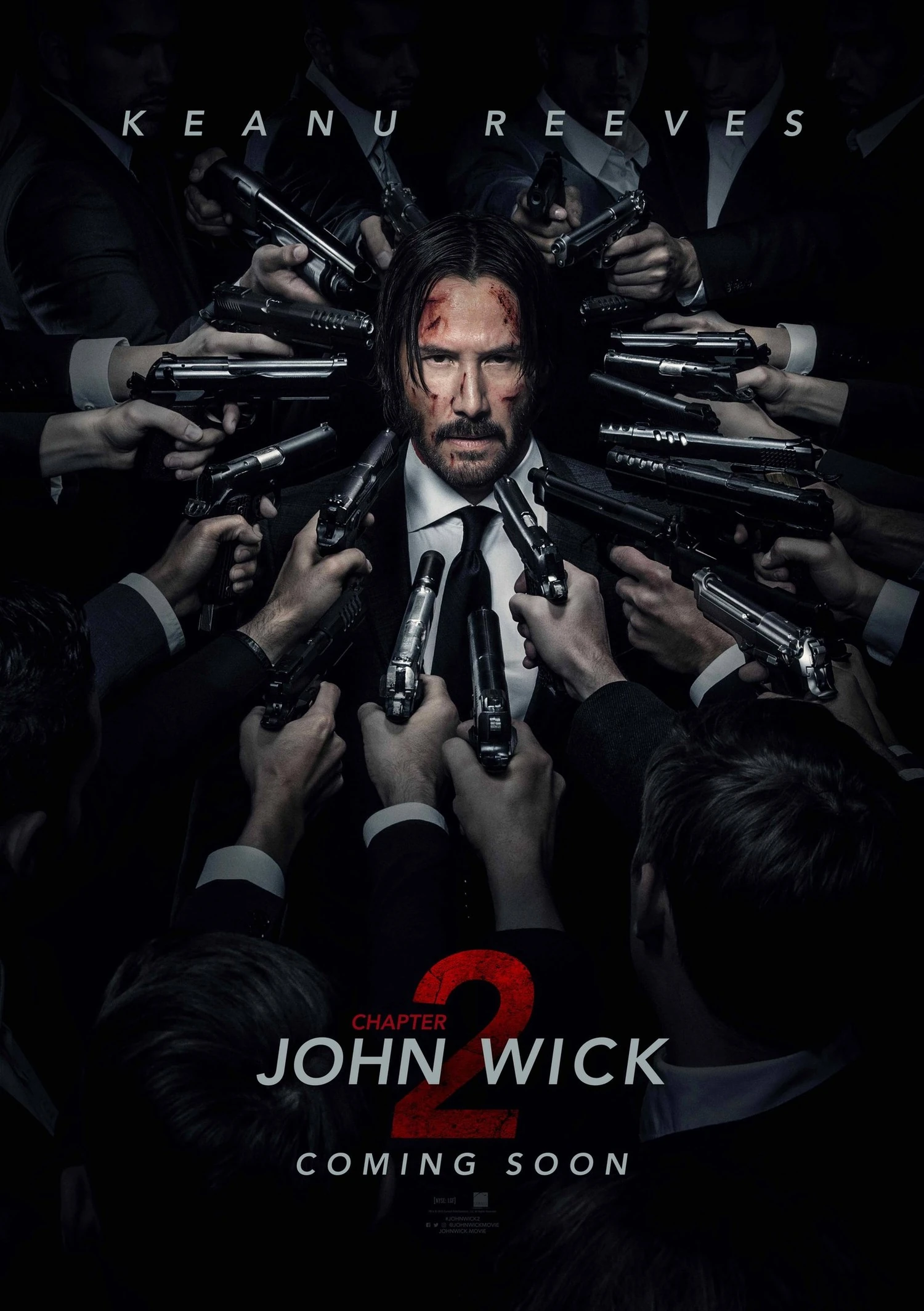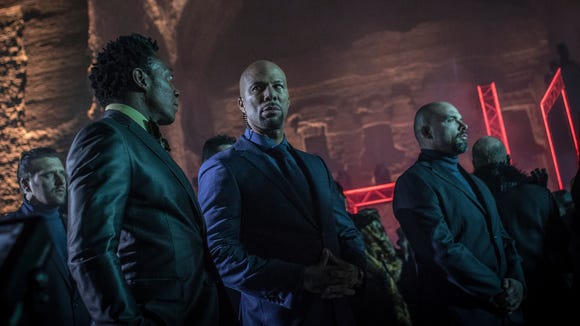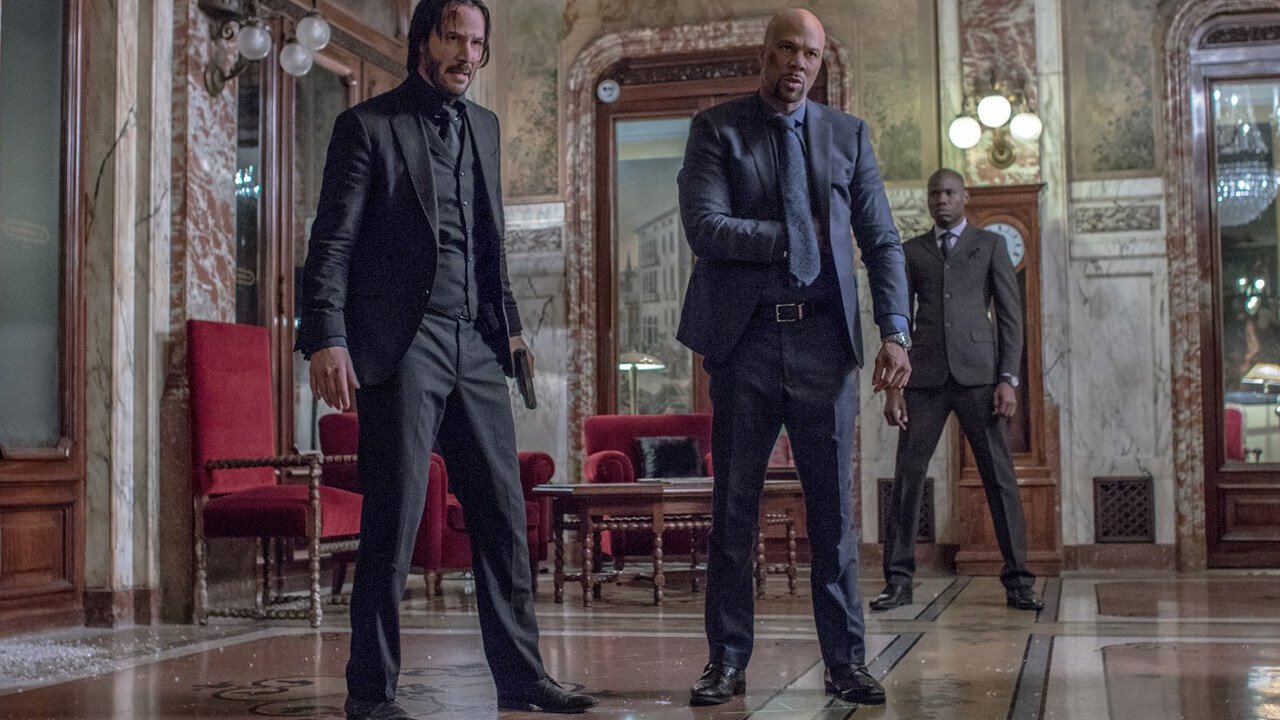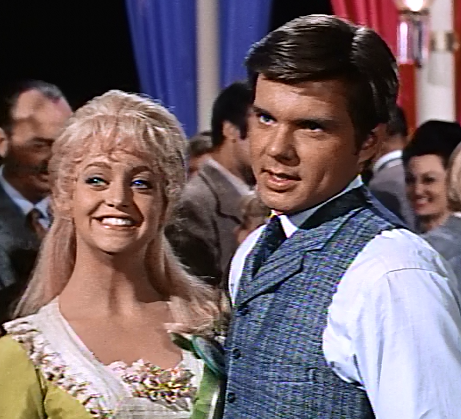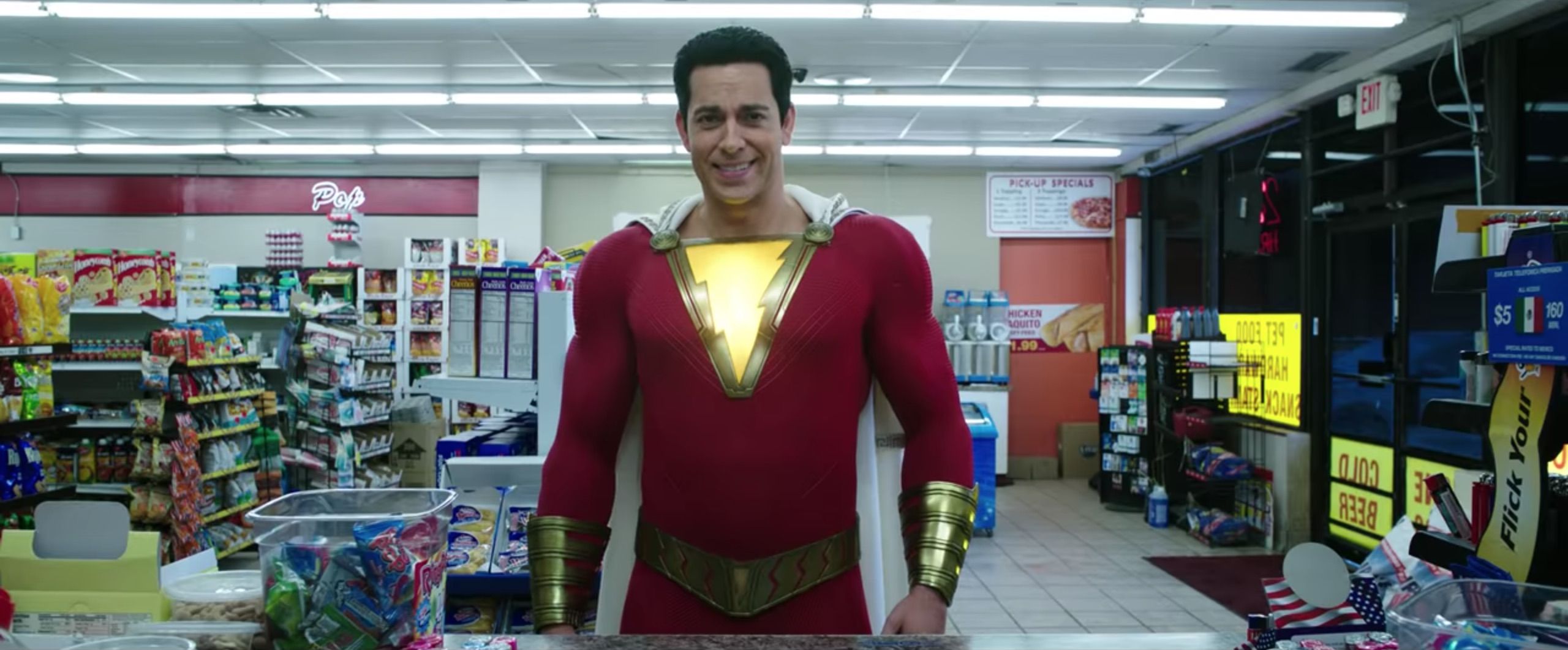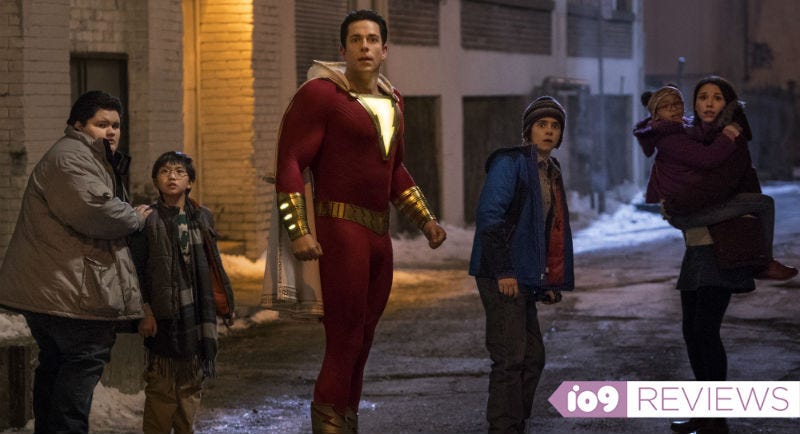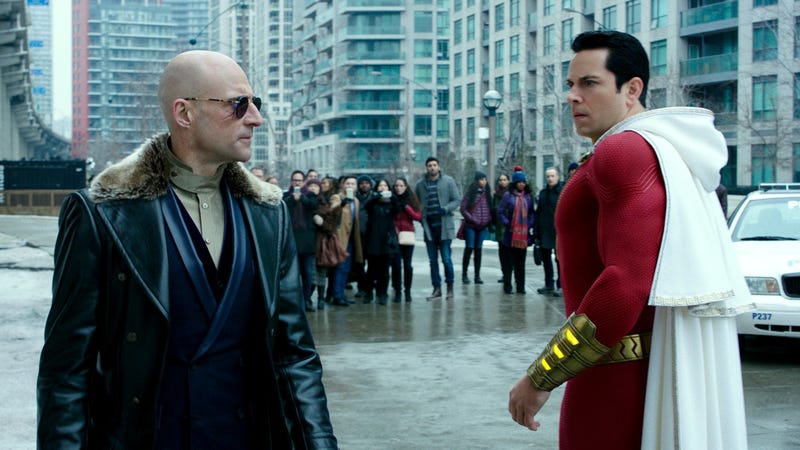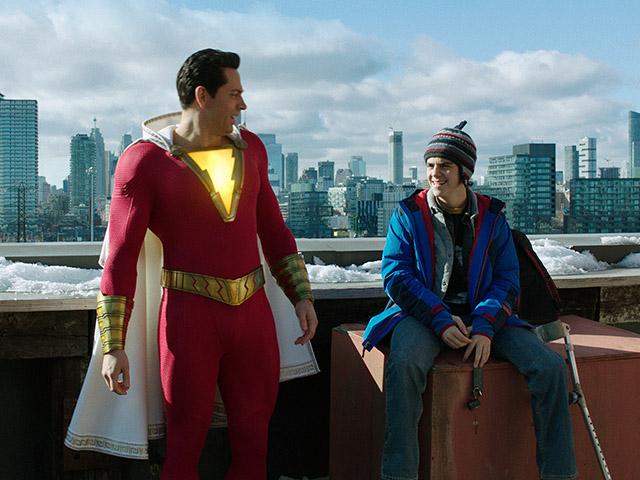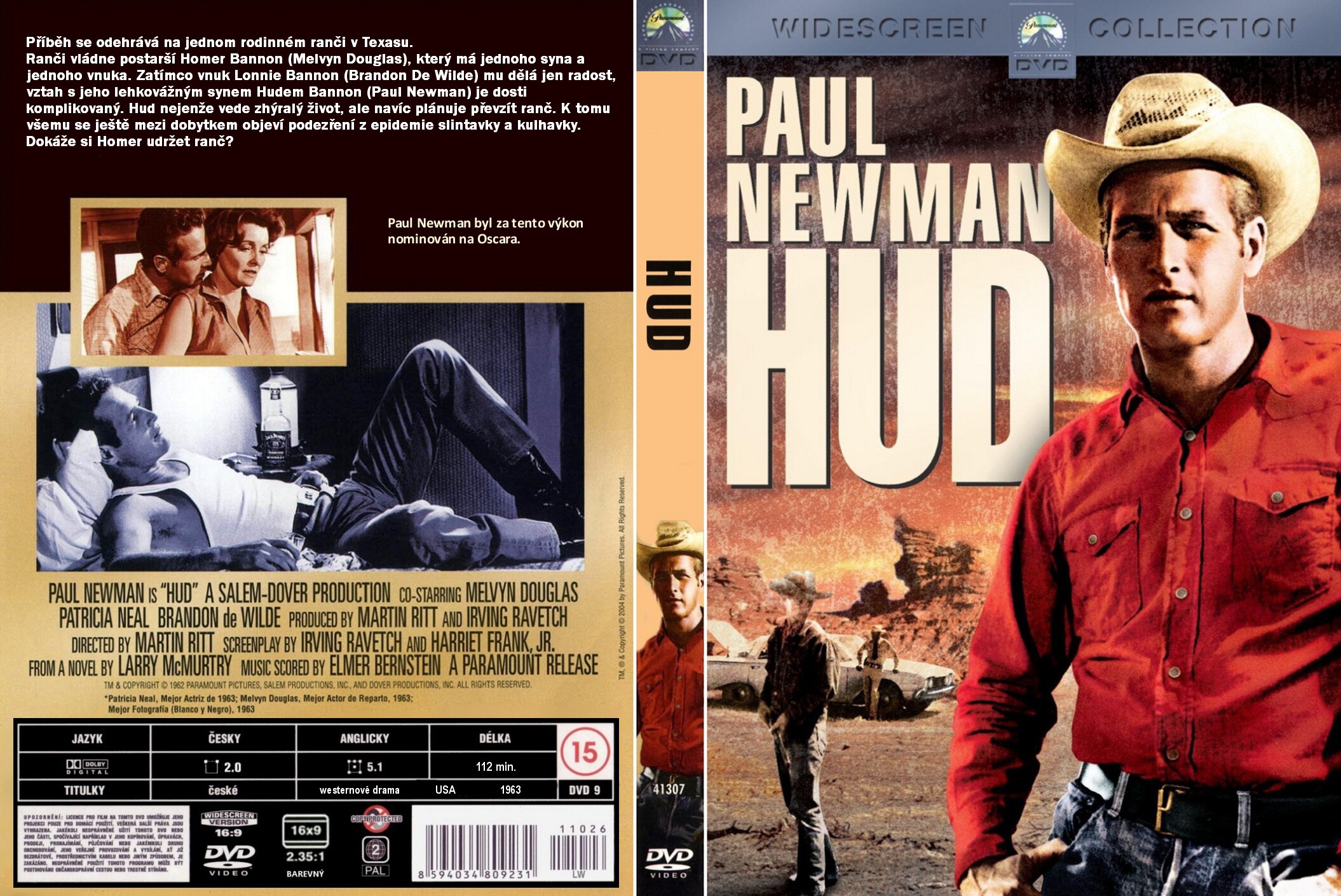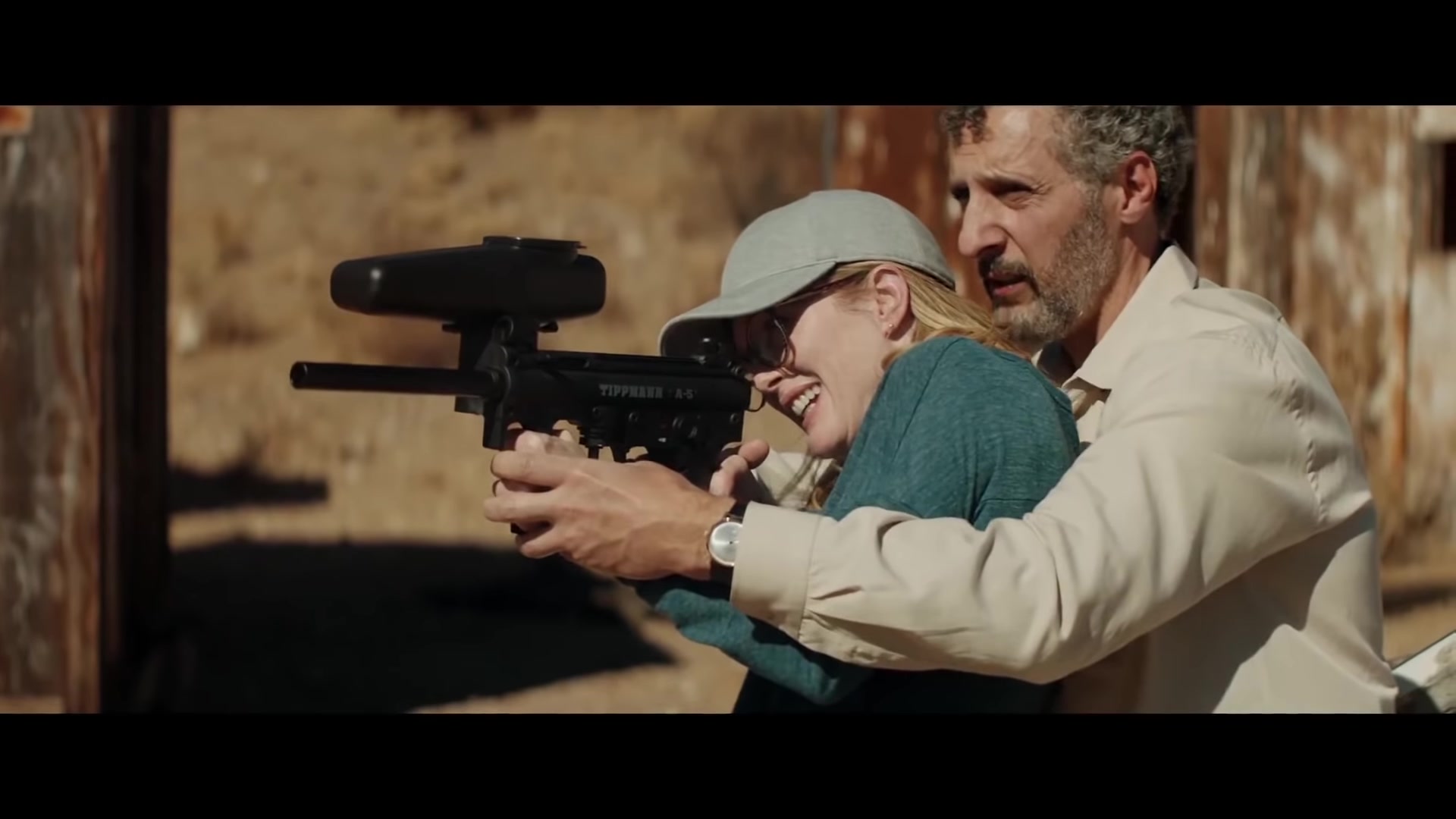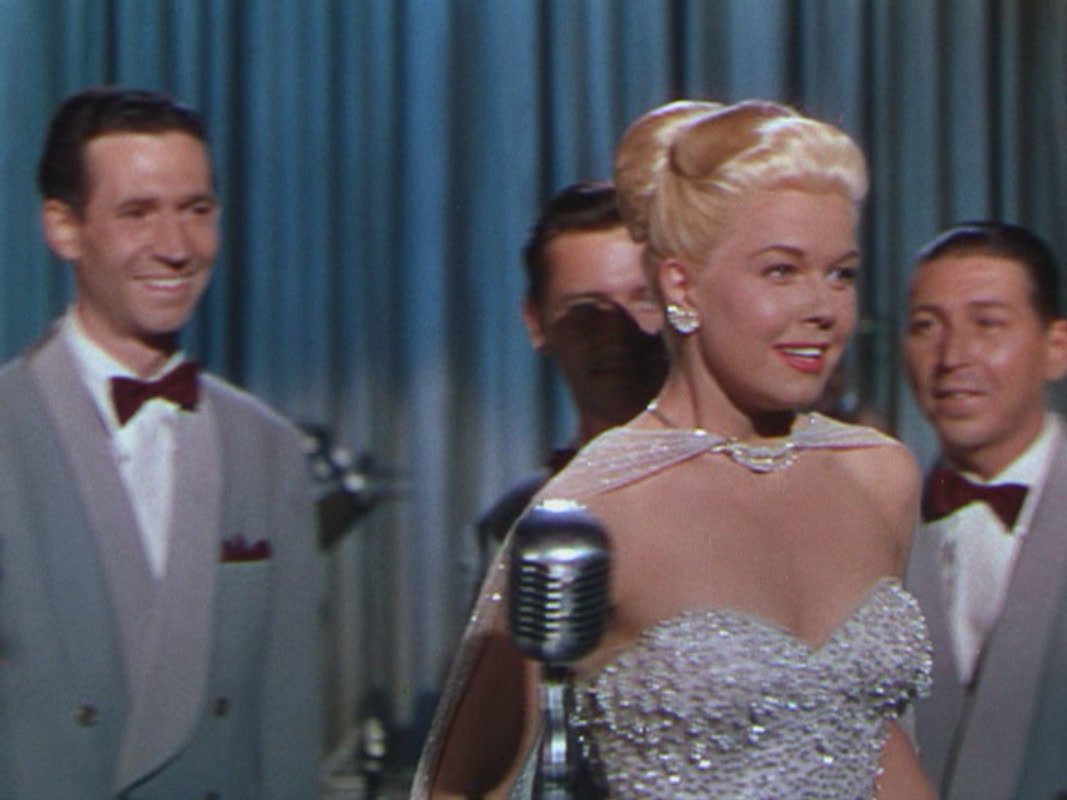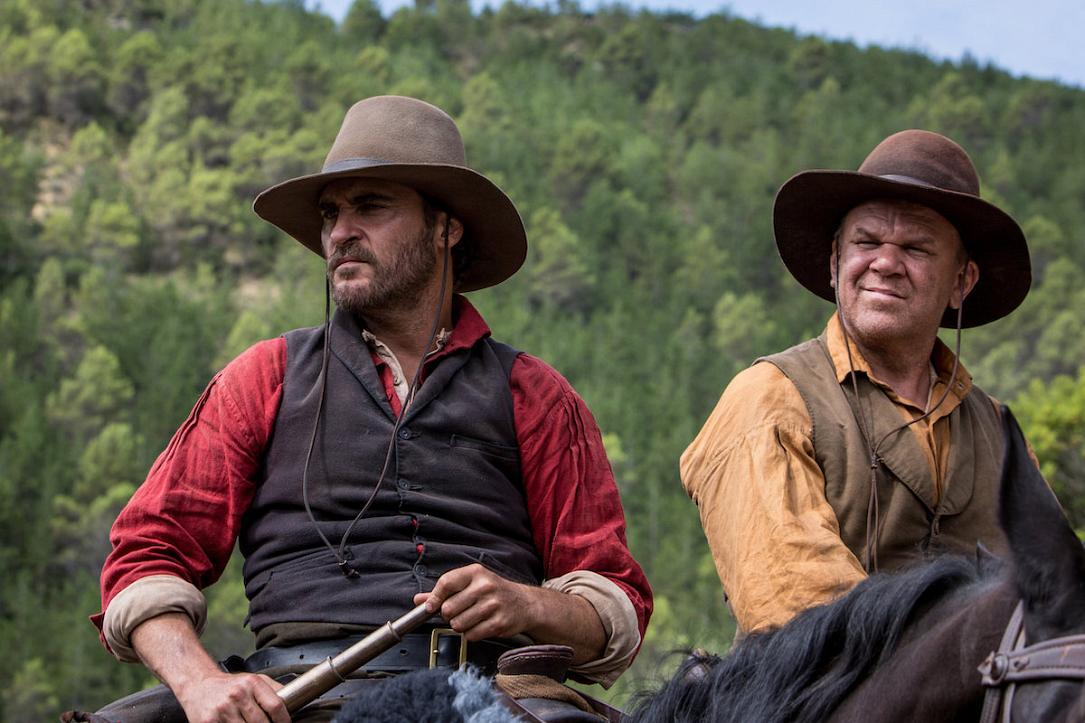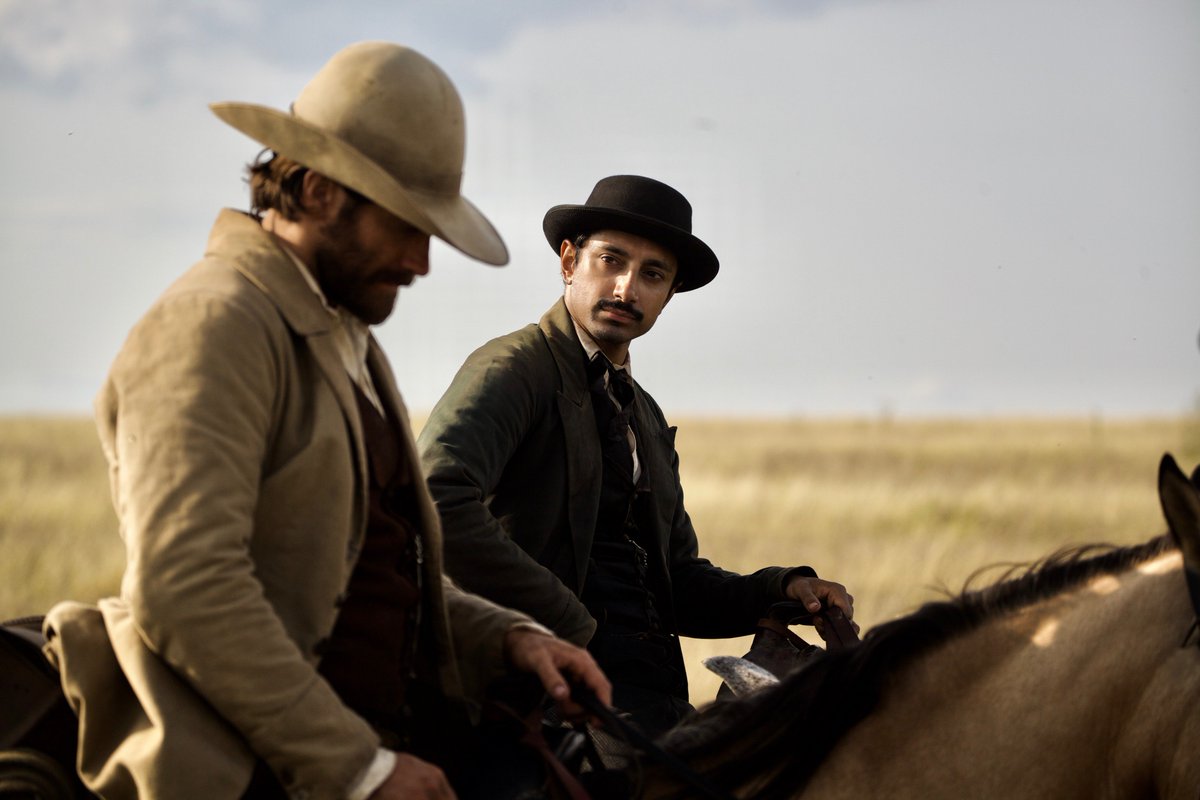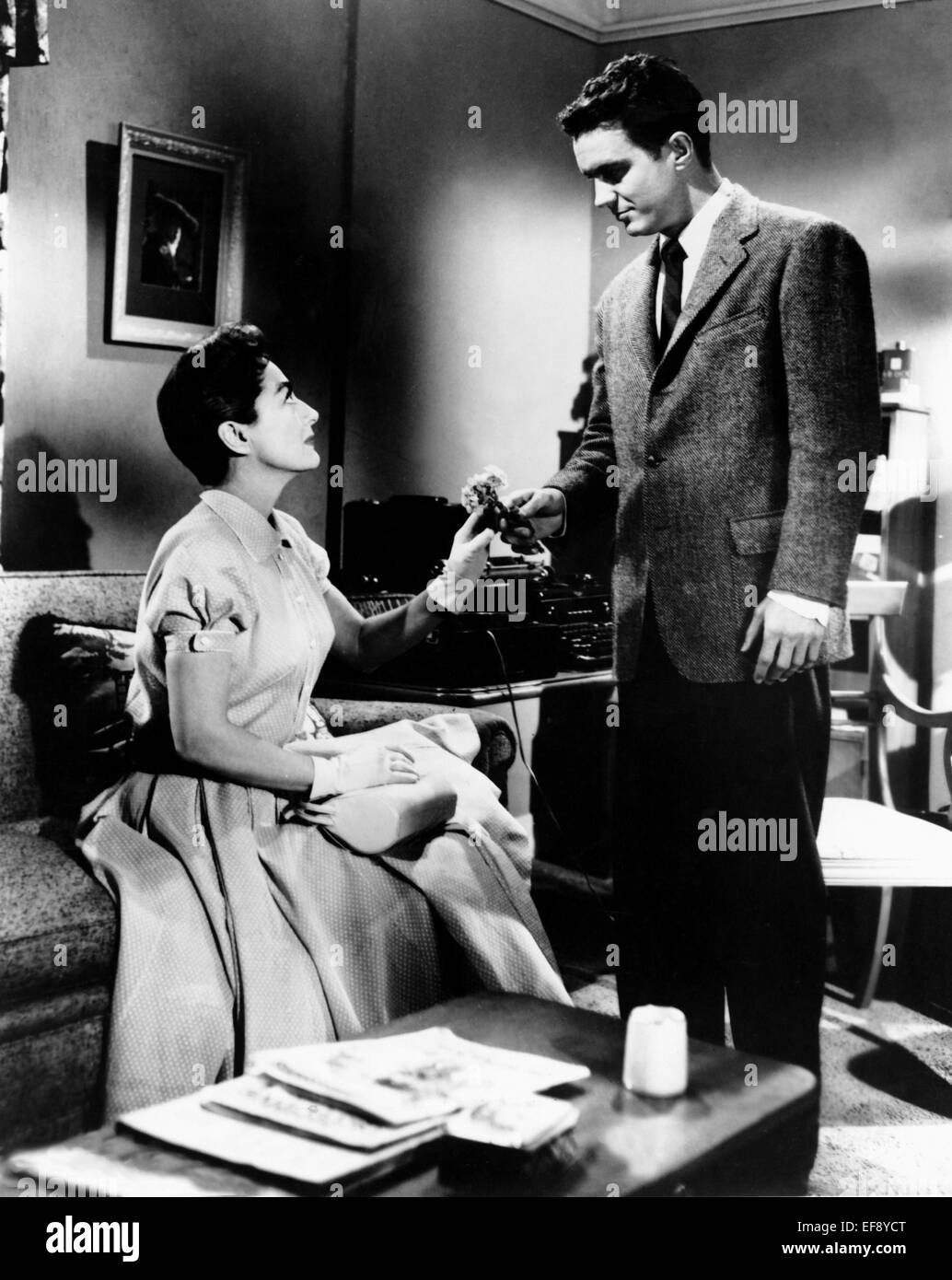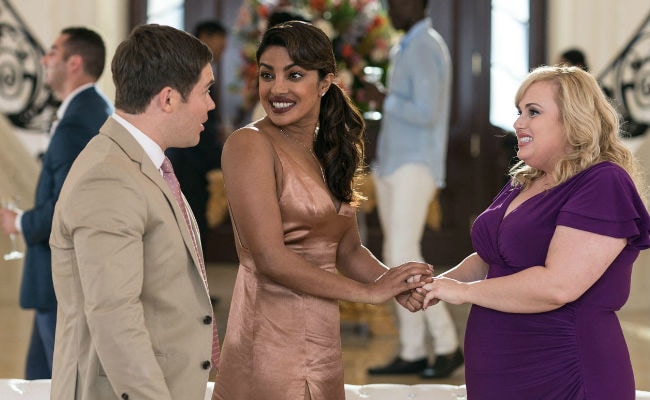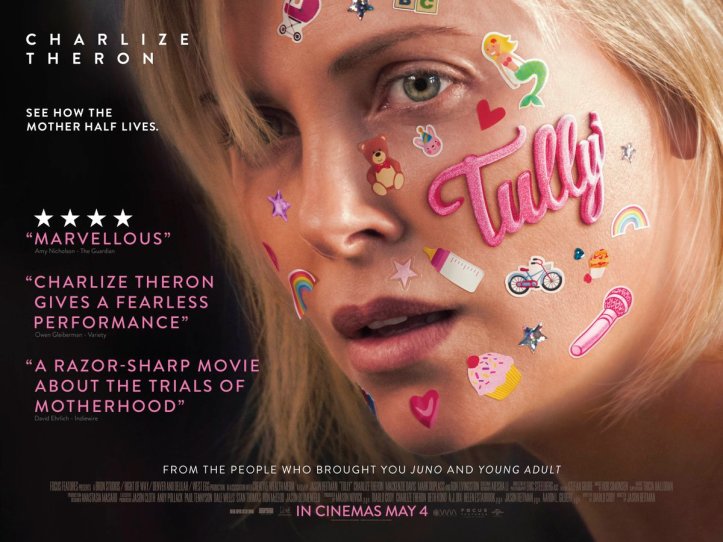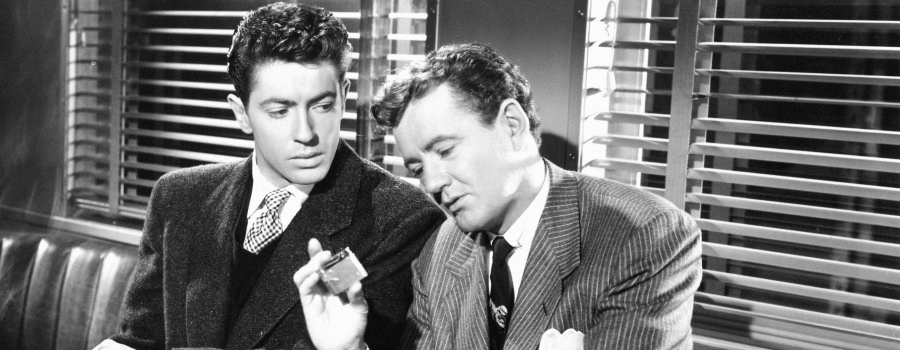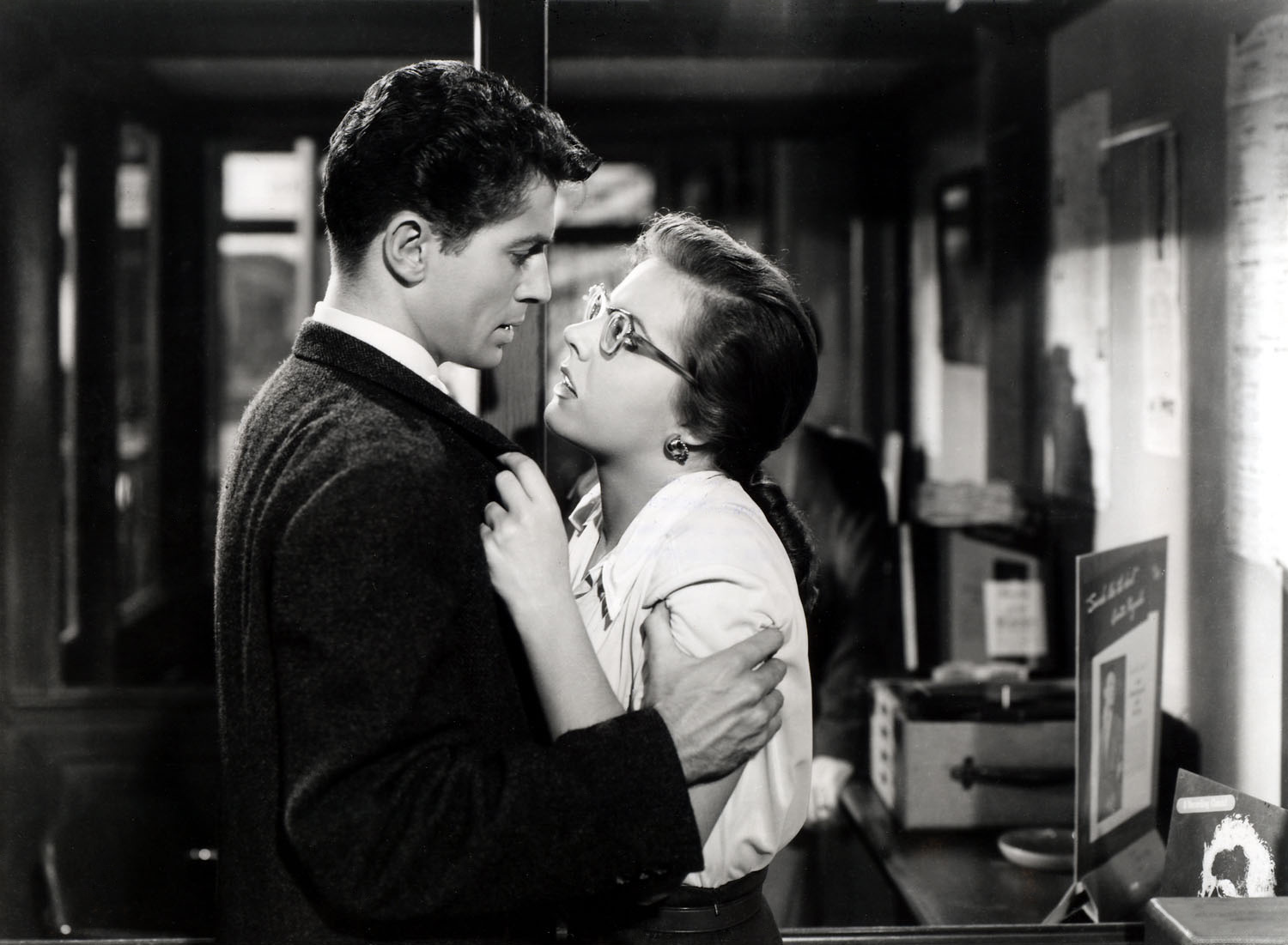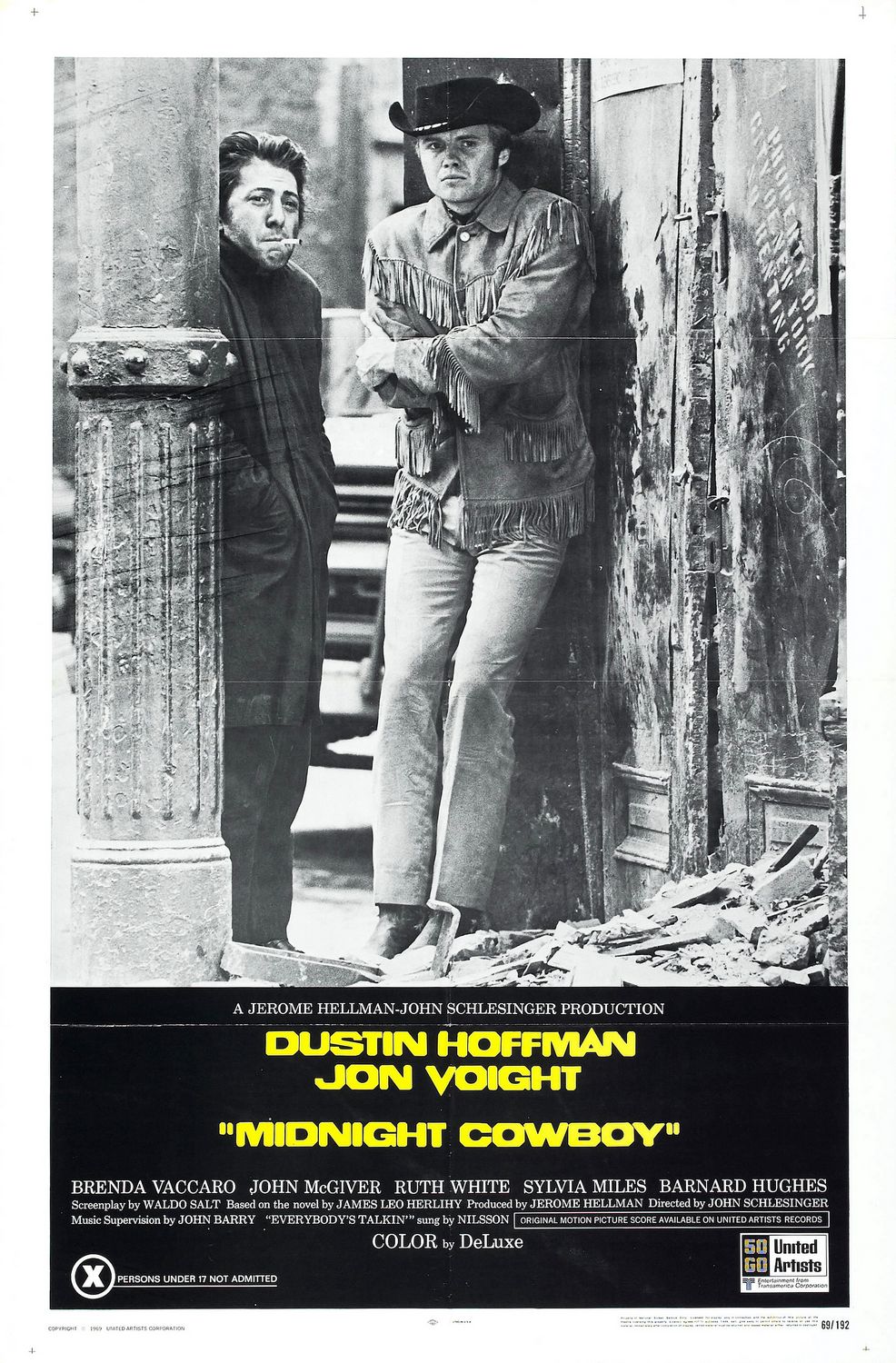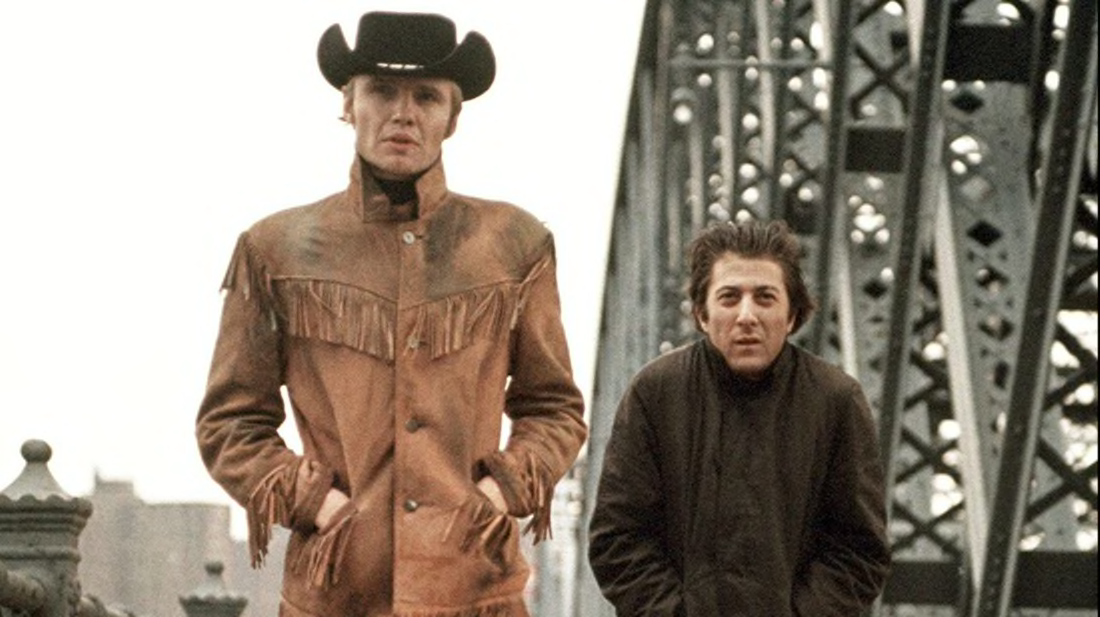You Don't Know Jack
Oscar winning director Barry Levinson and Al Pacino hit a bullseye with 2010's You Don't Know Jack, a somewhat romanticized look at "Doctor Death" AKA Dr. Jack Kevorkian who became famous for assisting terminally ill people in allegedly ending their lives with some semblance of dignity.
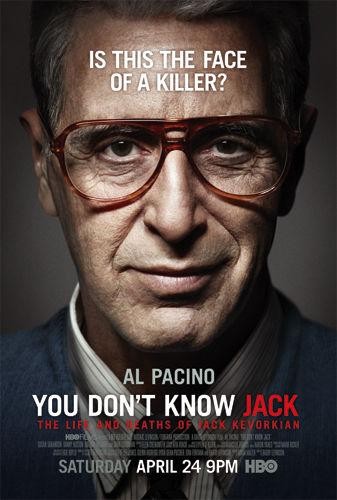
The HBO film introduces us to Jack and his sister, Margo (Brenda Vaccaro), the survivors of Armenian genocide attacks who, with aid of Neal Nichol (John Goodman) and his lawyer, Geoffrey (Danny Huston), helps someone end their life in Michigan and Kevorkian begins to be questioned about the possibility of what he's dong as being murder, which only fuels his passion to help these people.

This is another one of those very prickly subjects that tend to get very preachy when being translated into a viable screenplay, but Adam Mazer provides a balanced and relatively factual account of this doctor whose passion made him a butcher to many, but director Levinson does such an effective job of showing the pain these people are in, one can almost look at Kevorkian as an angel of mercy. The tables begin to turn in this story when one of his patients backs out of the process just as Kevorkian starts it but instead of just walking away, Kevorkian goes about it a different way and assists in the ending of the guy's life anyway. In many eyes, his role as judge and executioner was considered more his opinion than anything else. Another issue raised is if Kevorkian had the right to do what he was doing if the patient wasn't actually documented as terminal.

Levinson's direction is a combination of rich sensitivity combined with often unbearable tension as we watch patients begging Kevorkian to put them out of their misery, with full support of their loved ones, while courts and religious fanatics labeled him as a murderer.
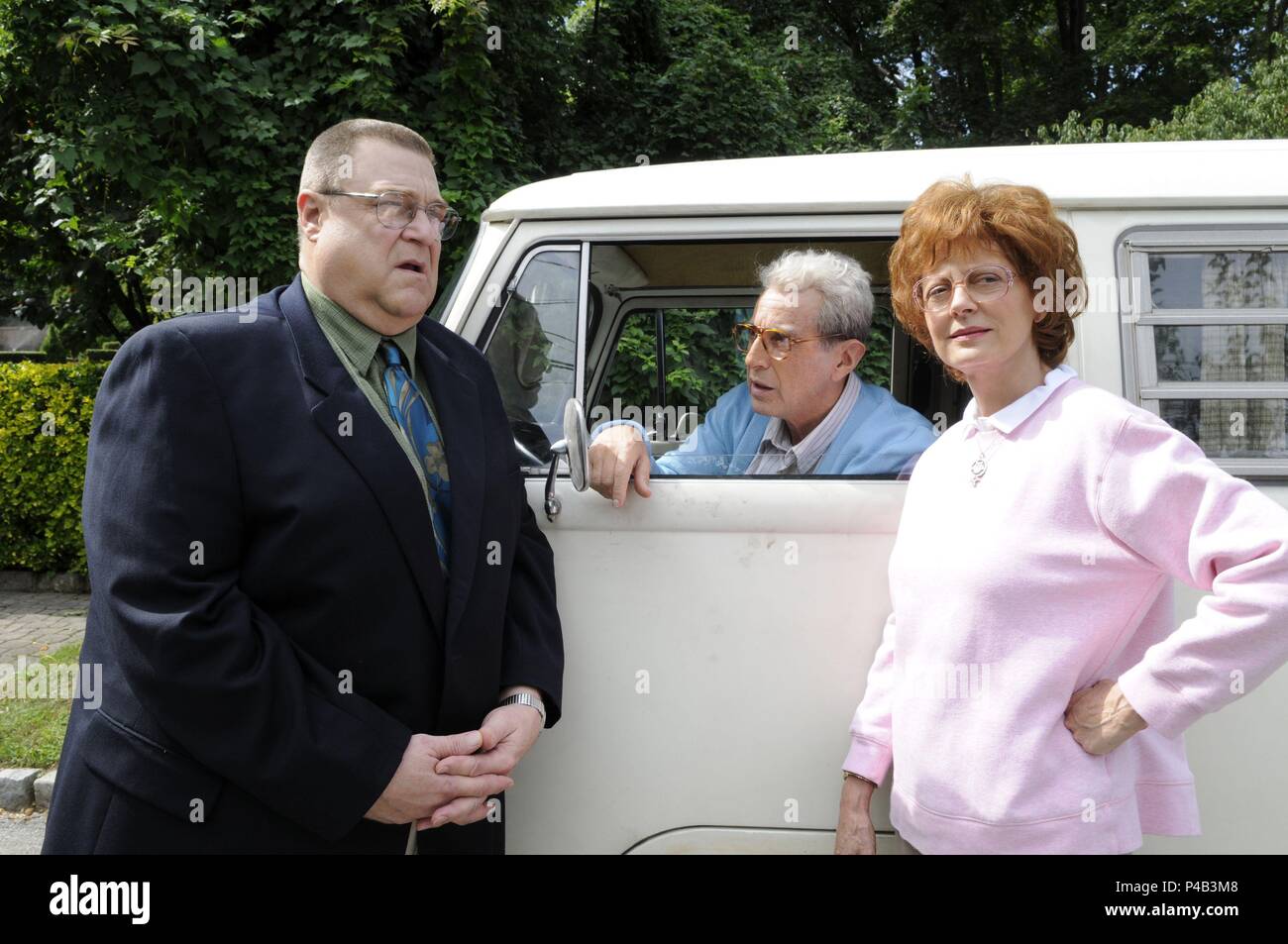
Al Pacino's quietly understated performance as Kevorkian has a lot of punch to it, and a lot of it comes out during his scenes with Brenda Vaccaro as his sister, who I don't think has ever been better. Actually, Danny Huston wins the acting honors here as Jack's attorney Geoffrey Fieger, who has Jack's back for most of the story but turns on him in the final reel. This film is really a triumph for screenwriter Adam Mazer and director Barry Levinson who have crafted a compelling story with surprising balance.
Oscar winning director Barry Levinson and Al Pacino hit a bullseye with 2010's You Don't Know Jack, a somewhat romanticized look at "Doctor Death" AKA Dr. Jack Kevorkian who became famous for assisting terminally ill people in allegedly ending their lives with some semblance of dignity.

The HBO film introduces us to Jack and his sister, Margo (Brenda Vaccaro), the survivors of Armenian genocide attacks who, with aid of Neal Nichol (John Goodman) and his lawyer, Geoffrey (Danny Huston), helps someone end their life in Michigan and Kevorkian begins to be questioned about the possibility of what he's dong as being murder, which only fuels his passion to help these people.

This is another one of those very prickly subjects that tend to get very preachy when being translated into a viable screenplay, but Adam Mazer provides a balanced and relatively factual account of this doctor whose passion made him a butcher to many, but director Levinson does such an effective job of showing the pain these people are in, one can almost look at Kevorkian as an angel of mercy. The tables begin to turn in this story when one of his patients backs out of the process just as Kevorkian starts it but instead of just walking away, Kevorkian goes about it a different way and assists in the ending of the guy's life anyway. In many eyes, his role as judge and executioner was considered more his opinion than anything else. Another issue raised is if Kevorkian had the right to do what he was doing if the patient wasn't actually documented as terminal.

Levinson's direction is a combination of rich sensitivity combined with often unbearable tension as we watch patients begging Kevorkian to put them out of their misery, with full support of their loved ones, while courts and religious fanatics labeled him as a murderer.

Al Pacino's quietly understated performance as Kevorkian has a lot of punch to it, and a lot of it comes out during his scenes with Brenda Vaccaro as his sister, who I don't think has ever been better. Actually, Danny Huston wins the acting honors here as Jack's attorney Geoffrey Fieger, who has Jack's back for most of the story but turns on him in the final reel. This film is really a triumph for screenwriter Adam Mazer and director Barry Levinson who have crafted a compelling story with surprising balance.
Last edited by Gideon58; 08-06-19 at 07:38 PM.

